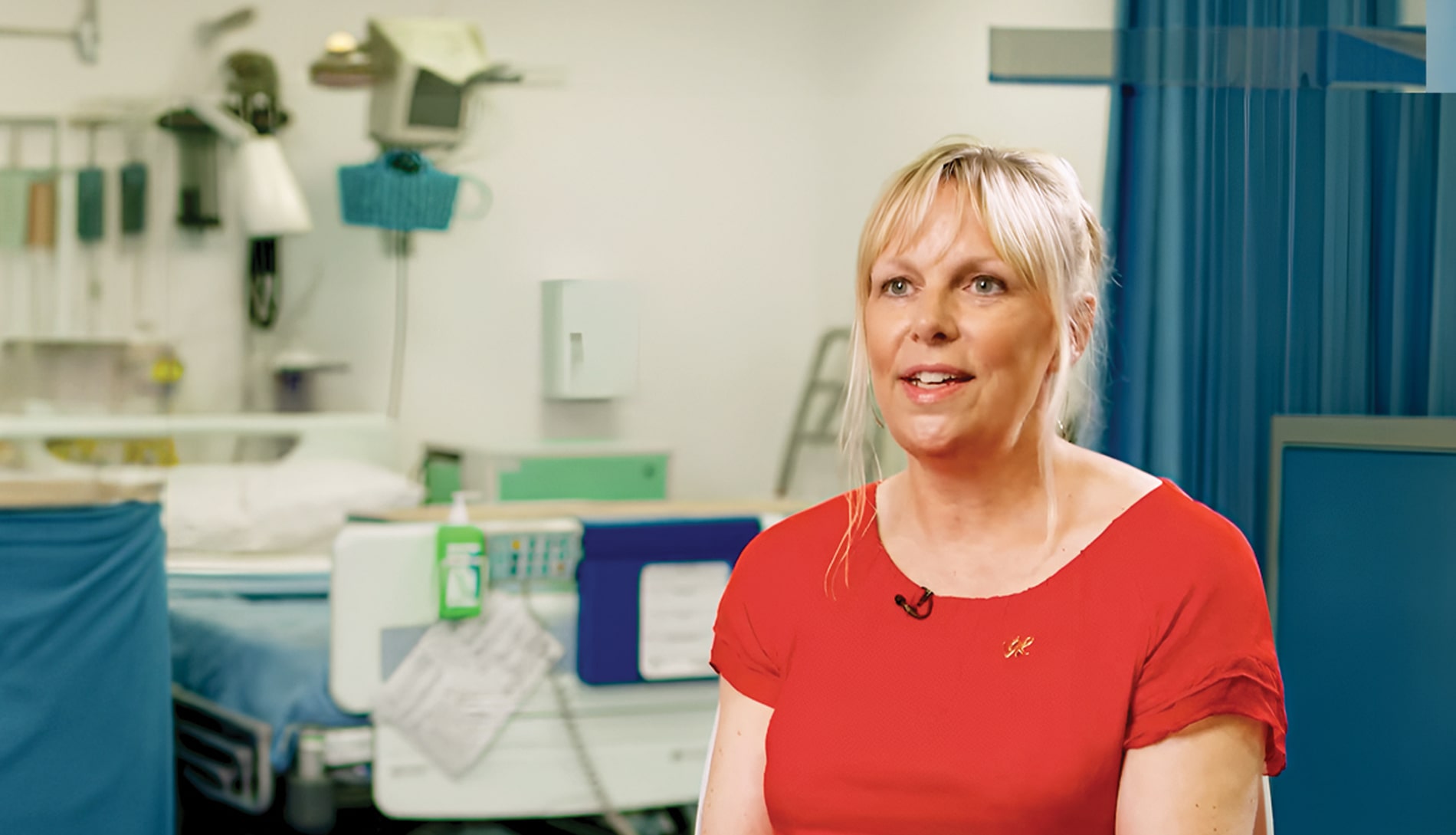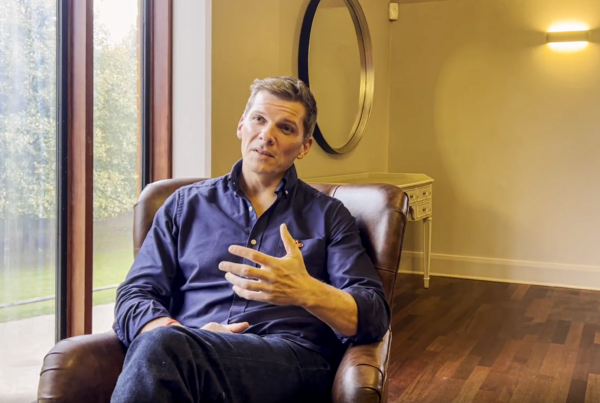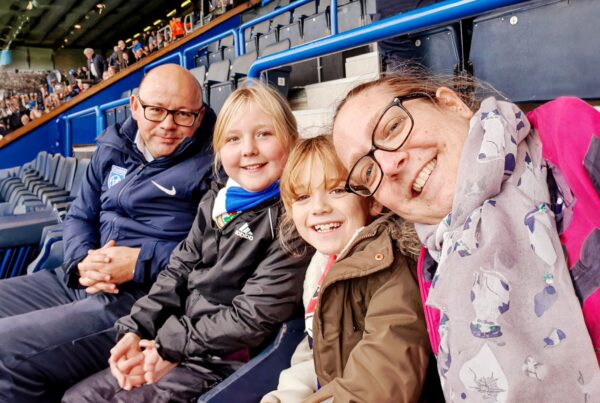Victoria’s Story
Moving Conversations About Incurable Cancer Forward
As a breast cancer clinical nurse specialist, Victoria Castle is used to having challenging conversations with her patients. From breaking the news of a first cancer diagnosis to telling them it has spread; those interactions are never easy.
It becomes even harder when patients with incurable cancer are also parents and must face the heartbreaking task of telling their children they are going to die.
“In my experience, in my work, we don’t have much training on supporting families and children with these difficult conversations,” Victoria says.
Upon discovering the Ruth Strauss Foundation’s No Conversation Too Tough training, Victoria was keen to see how it could improve her practice.
“I feel more confident now to broach the conversation about children, which is very sensitive and hugely emotive, and it’s often a subject that we want to brush under the carpet because it’s painful,” she explains.
”Since doing the training, I’m more aware of not just asking whether a patient has children and leaving it there but taking that conversation forward and moving with it.”
Victoria
Our Healthcare Professionals Training Programme
No Conversation Too Tough is a free, CPD-accredited course for healthcare professionals (HCPs) who work with families where a parent has been told that their cancer is incurable.
The aim of the programme is to enable HCPs to support families, by empowering patients to have honest conversations about death and dying, so they can better prepare their children for what is to come.
What sets the training apart from similar programmes is the spotlight on pre-bereavement care. The Ruth Strauss Foundation helps families to navigate that precious time after a diagnosis of incurable cancer leading up to death.
“The patients I have the privilege of supporting have so much to get their head around, but often their main focus – all the worry and anxiety – is about their children. Some want to protect their children by not talking about it. Maybe they don’t know how, or maybe they don’t know what to say,” Victoria explains.
The content and structure of No Conversation Too Tough equips participants with practical skills to manage those situations.
As Victoria states: “The training I did with the Ruth Strauss Foundation has been pivotal to enhancing what we know is the right thing to do, and really brought it to the forefront of our clinical practice.”
Training in Grief Support
No Conversation Too Tough training explores numerous key topics, such as the impact of a parent’s death on children, assessing family dynamics, readiness to open up, and frameworks for the involvement of multidisciplinary teams.
“What stuck out for me was that there’s a perception that everything will get better with time and grief will go away,” she comments. “But actually, grief doesn’t lessen. It’s about respecting grief and learning to live with it.”
The training also includes the role-playing aspect, enabling small groups to enact scenarios and conversations as they might play out in real life, which healthcare professionals find to be invaluable.
Starting Conversations About and With Children
Victoria says it has always been a standard part of her practice to ask her patients whether they have children. But, like many nurses, she did not know what to do with that information or how to include a patient’s children in her practice.
“Since doing the training, I’m more aware of not just asking whether a patient has children and leaving it there, but taking that conversation forward and moving with it,” Victoria explains.
The skills and knowledge nurses like Victoria gain during No Conversation Too Tough training is supplemented with evidence-based resources for starting discussions with parents.
She says: “The information resources are so useful because they reiterate the importance of the theory. We have it in our office, and we use it as cue cards – just a reminder of how important it is to start the opening conversations.”
Helping Nurses to Help Families
Working with families at such a profoundly challenging time can be incredibly difficult yet rewarding.
Many healthcare professionals tell us that our training has bolstered their practice and gave them the confidence and impetus to make a family’s experience that little bit easier.
In Victoria’s words: “It’s so desperately hard and something that no parent ever wants to have to talk about. But we’ve found there is a huge relief once the children have been told about the illness by their parents.”



